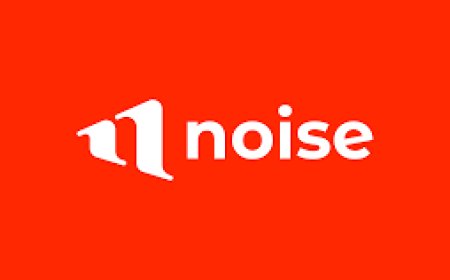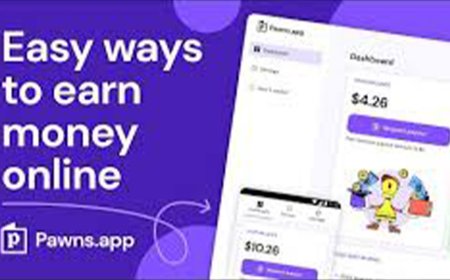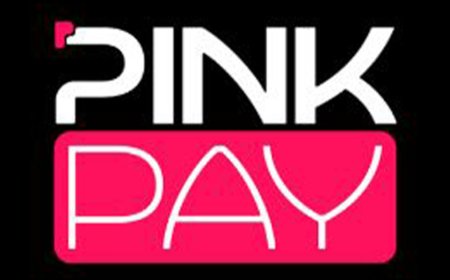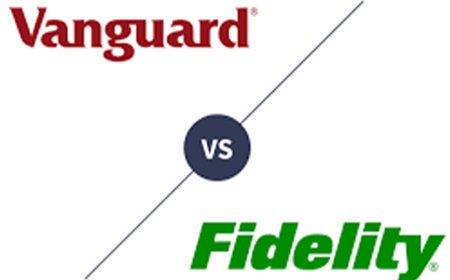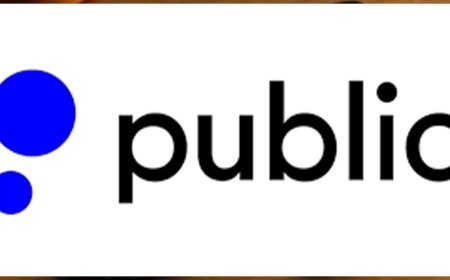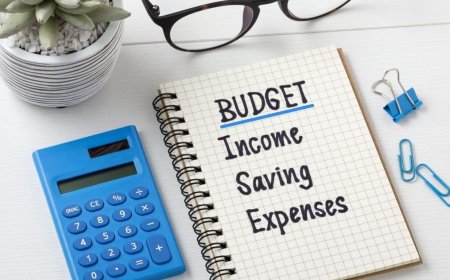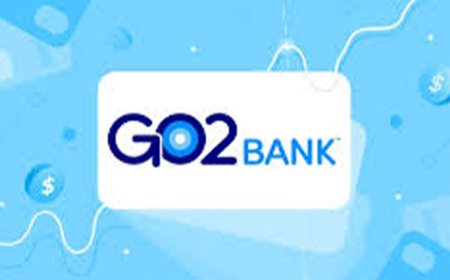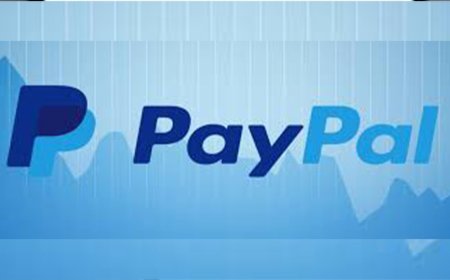How to Escape the Rat Race in 2025: Proven Steps to Financial Freedom
Escape the rat race with proven personal finance tips, mindset shifts, and income-scaling strategies. Build financial freedom and live life on your terms in 2025.

The "rat race" is a draining cycle where you chase pay checks, promotions, or possessions, often sacrificing personal happiness and financial security. Escaping this tragedy isn’t just about quitting your 9-to-5; it’s about transforming your mindset, mastering your finances, and redefining success. In this guide, we’ll share proven strategies, practical personal finance tips, and real-world examples to help you escape the rat race, build financial independence, and create a life of purpose.
What Is the Rat Race?
The rat race isn’t defined by hard workbut rather it’s the grind of working without gaining freedom or fulfillment. It’s a loop where you:
- Earn money to cover essentials and luxuries.
- Spend it to sustain a certain lifestyle.
- Depend on your job to keep the cycle going.
As income rises, spending often follows, leaving little for savings or investments. This "money trap" fuels a cycle of short-term gratification, delaying long-term financial security. Breaking free requires rethinking how you earn, spend, and grow your wealth.
Personal Finance: Your Path to Freedom
Mastering personal finance is the foundation for escaping the rat race. Here’s how to take control of your money and build a sustainable plan.
1. Monitor Your Spending Habits
You can’t change what you don’t understand. Start by tracking every dollar you spend to identify wasteful habits. Use budgeting apps like Mint or YNAB to categorize expenses (e.g., groceries, subscriptions, dining out) and pinpoint areas to cut back. My post about 7 proven budgeting tips to create a financial plan for any income could help make budgeting for your income easier.
Tip: Review 1–3 months of bank statements to spot trends, such as overspending on entertainment or impulse buys.
2. Prioritize Savings
Before paying bills or shopping, set aside a portion of your income for savings or investments. Aim for 20% of your income, but even 5–10% is a solid start. Automate transfers to a high-yield savings account to ensure consistency. . My post about how to save $500 fast could be of great help.
Example: If you earn $3,000 monthly, saving $300 builds a $3,600 emergency fund in a year.
3. Resist Lifestyle Creep
A raise or bonus can tempt you to upgrade your car, home, or wardrobe. Instead, funnel extra income into savings, investments, or debt repayment to accelerate your path to financial independence.
4. Tackle High-Interest Debt
Debt, especially credit card balances with 15–25% interest rates, anchors you to the rat race. Use the debt avalanche method (paying off highest-interest debt first) or debt snowball method (clearing smallest balances first) to eliminate it quickly.
Example: Paying an extra $200 monthly on a $5,000 credit card balance at 20% interest saves thousands in interest and frees up cash flow.
5. Grow Wealth Through Investments
Investing turns your money into a tool for passive income. Consider low-cost index funds, real estate, or dividend-paying stocks to build wealth over time. Start small, even with $50 monthly, to leverage compound growth.
Tip: Use tax-advantaged accounts like a Roth IRA for retirement savings. Beginners can explore robo-advisors like Betterment for easy investing.
Shifting from Consumer to Producer
Escaping the rat race means rethinking your relationship with consumption and production. Here’s how to make the shift.
Mindful Consumption
Excessive spending driven by social pressure or instant gratification, keeps you trapped. Adopt mindful consumption by:
- Differentiating needs (e.g., housing) from wants (e.g., designer clothes).
- Choosing quality items that last longer, reducing replacement costs.
- Pausing before purchases to avoid impulse buying.
Example: Instead of buying a $1,000 smartphone annually, invest in a durable $500 model and save the difference. My post about my biggest money mistakes and how am fixing them could help you to handle your money better and learn from my mistakes.
Embrace Production
Move beyond consuming by creating value for others. Being a producer increases your earning potential and builds assets. Examples include:
- Launching a side hustle, like freelance writing or graphic design.
- Creating digital products, such as e-books or online courses.
- Investing in income-generating assets, like rental properties or dividend stocks.
Scaling Your Income for Freedom
To escape the rat race, you must separate your income from time spent working. Scaling your earnings creates financial flexibility and reduces reliance on a single paycheck.
1. Diversify Income Sources
A single income stream, like a salary, is vulnerable to job loss or economic shifts. Build multiple streams through:
- Side Hustles: Freelancing, tutoring, or driving for rideshare apps.
- Investments: Dividend stocks or real estate rentals.
- Online Ventures: Blogging, affiliate marketing, or selling digital products.
Example: A teacher earning $50,000 annually adds $10,000 yearly by tutoring online, accelerating savings or debt repayment.
2. Learn High-Value Skills
Skills like coding, digital marketing, or copywriting command higher pay and open doors to lucrative opportunities. Invest in online courses (e.g., Coursera, Udemy) or free resources (e.g., YouTube) to stay competitive.
Pro Tip: A $500 course that boosts your salary by $10,000 annually pays for itself quickly.
3. Build Passive Income Streams
Passive income, earned with minimal ongoing effort, is key to financial freedom. Options include:
- Investments: Index funds or REITs (real estate investment trusts).
- Digital Assets: E-books, stock photography, or YouTube videos generating ad revenue.
- Business Automation: Dropshipping or print-on-demand stores with outsourced fulfillment.
Example: Investing $10,000 in a dividend stock yielding 4% generates $400 annually, growing with reinvestment.
4. Focus on Creating Value
Income scales when you solve problems or meet needs. Whether launching a business or freelancing, prioritize delivering value to clients or customers.
The Mindset Shift: Redefining Success
Escaping the rat race requires a mental transformation. Money alone won’t bring freedom—redefining success will.
Seek Fulfillment, Not Status
Success isn’t a corner office or luxury car; it’s living with purpose. Identify what brings you joy, like travel or family time, and align your finances to support those goals.
Adopt Minimalism
Owning less reduces financial pressure. Minimalism frees up money for savings or experiences, making financial independence more attainable.
Example: Downsizing from a $2,000/month apartment to a $1,200/month one saves $9,600 annually for investments.
Plan for the Long Term
Focus on where you want to be in 5–20 years. A clear vision like retiring early, starting a business, or traveling guides your financial decisions.
Tip: Use a vision board or journal to clarify your goals and stay motivated.
Final Thoughts
Breaking free from the rat race is a journey of intention, discipline, and courage. By mastering personal finance, shifting from consumer to producer, and scaling your income, you can escape the cycle of endless work and build a life of freedom and purpose. Start small by tracking your spending, saving consistently, and invest in yourself. Over time, these steps compound into a future where you live on your terms. Kindly free feel to comment if you found this post helpful, I love hearing from you.
Frequently Asked Questions (FAQs)
What does escaping the rat race mean?
It means breaking free from the cycle of working solely for money, achieving financial independence, and living with purpose through passive income or flexible work.
Is escaping the rat race possible?
Absolutely. Thousands achieve it by reducing expenses, building passive income streams, and creating businesses or investments that support their lifestyle.
How can I escape with limited funds?
Start by tracking expenses, saving small amounts, learning high-value skills, and starting a low-cost side hustle, like blogging or freelancing.
What are the first steps to escape the rat race?
Monitor spending, eliminate debt, save aggressively, and invest in income-generating assets like stocks or real estate.
How long does it take to escape?
It depends on income, expenses, and discipline, but many achieve it in 3–10 years with consistent saving and investing.
What are the best side hustles for escaping the rat race?
Popular options include affiliate marketing, online tutoring, freelance writing, creating online courses, or investing in real estate.
Do I need to quit my job?
Not immediately. Build passive income or side hustles while employed, transitioning when alternative income covers expenses.
What mindset helps escape the rat race?
A growth mindset, patience, and willingness to take calculated risks while delaying gratification are essential.
Can investing help me escape?
Yes, investments like index funds, real estate, or dividend stocks generate passive income, reducing reliance on active work.
What books inspire escaping the rat race?
Try Rich Dad Poor Dad by Robert Kiyosaki, The 4-Hour Workweek by Tim Ferriss, or Your Money or Your Life by Vicki Robin.
What's Your Reaction?







